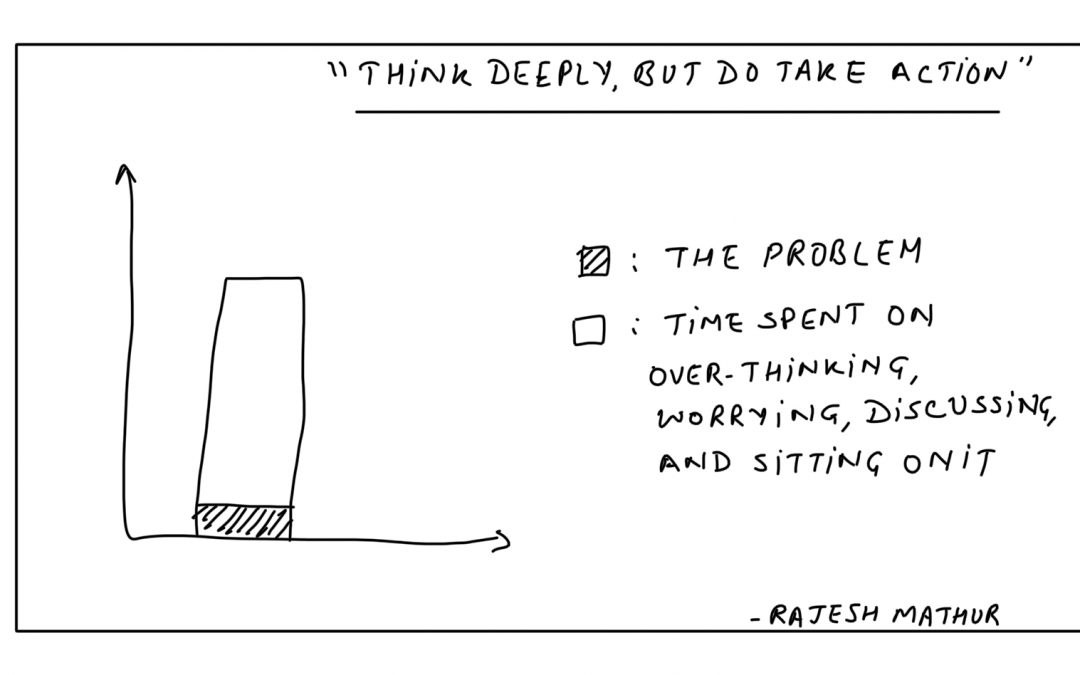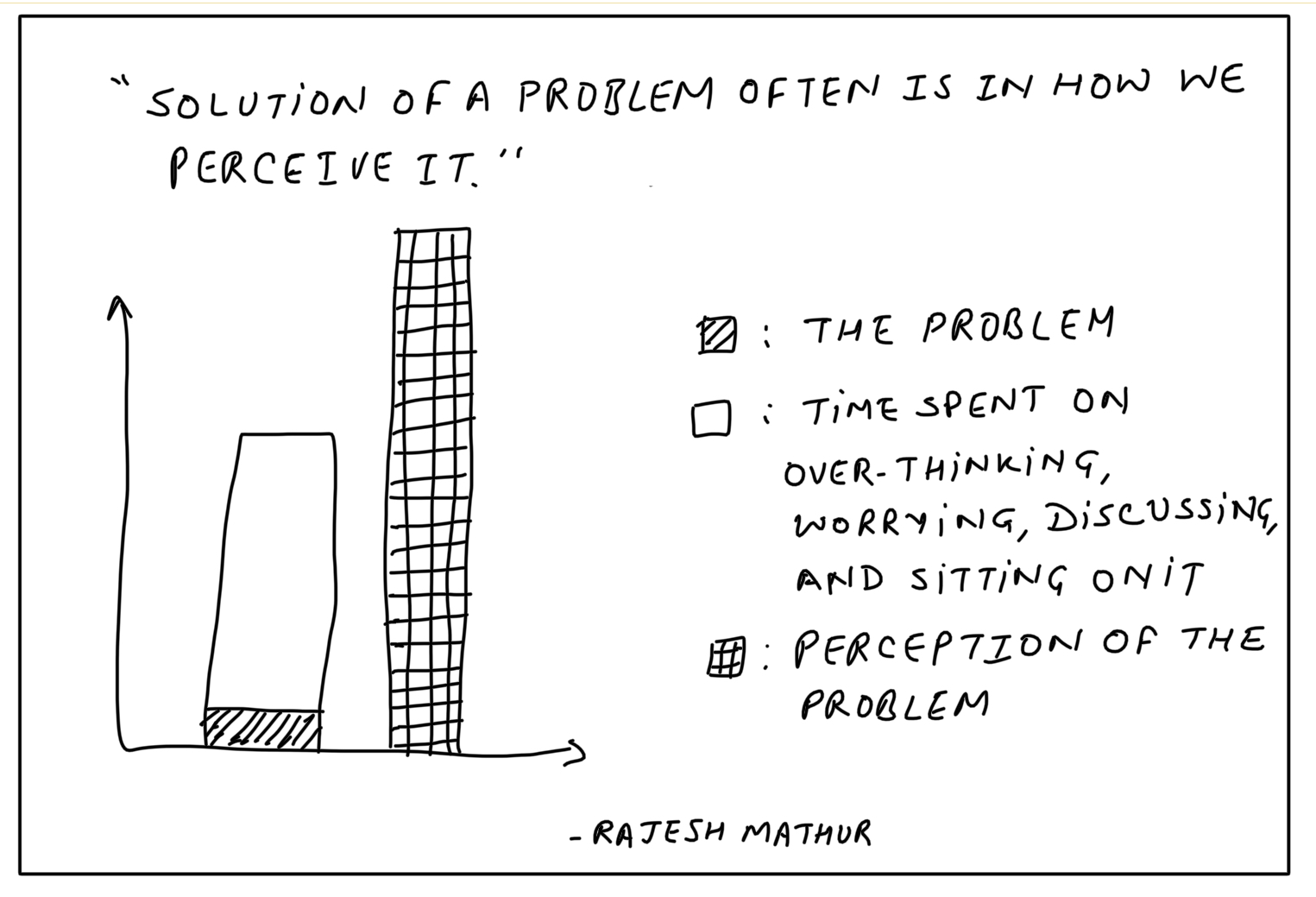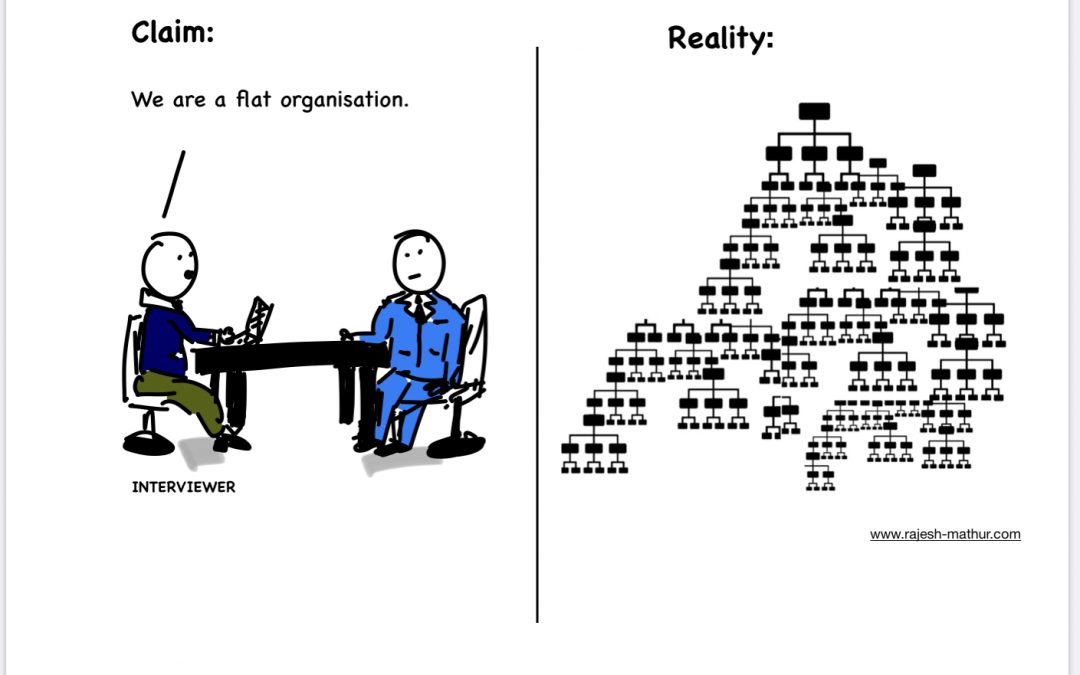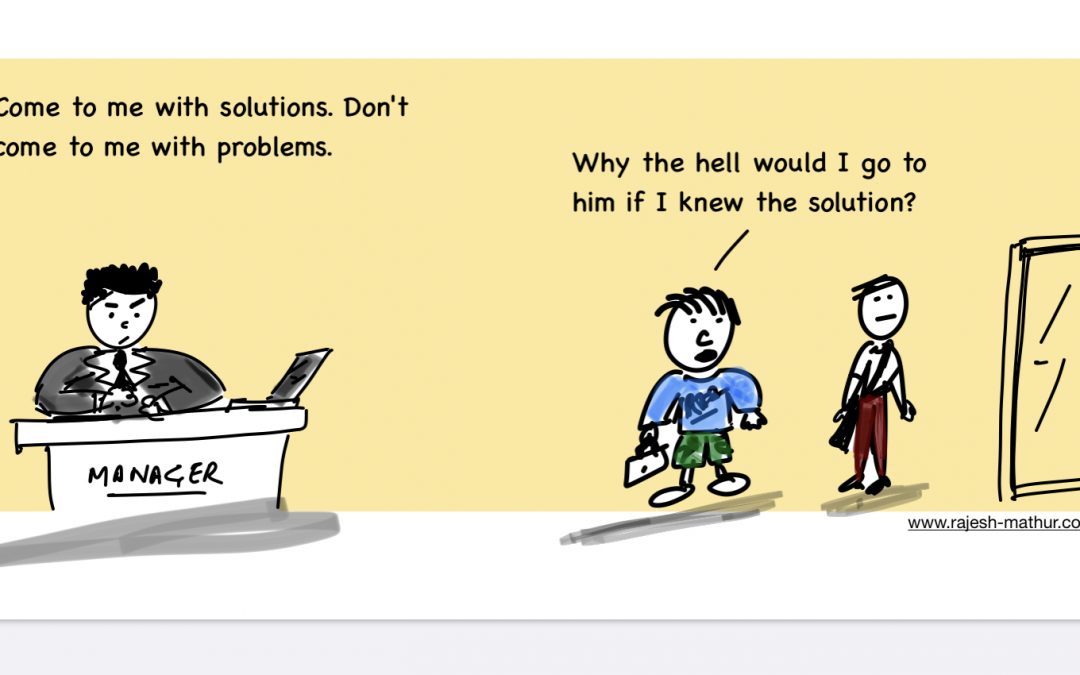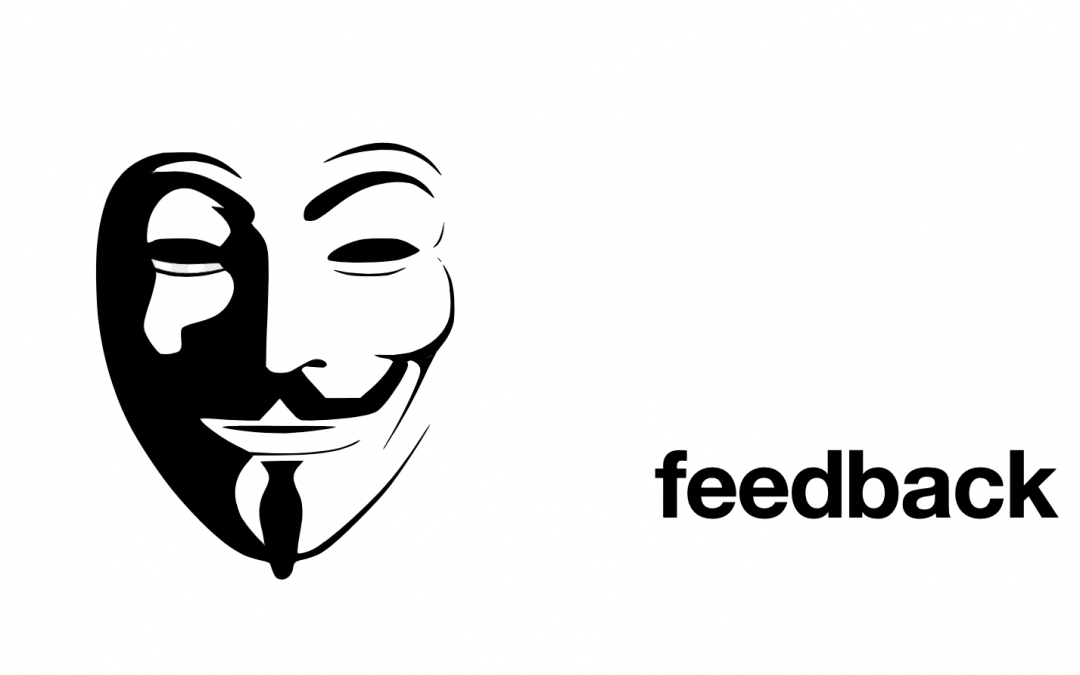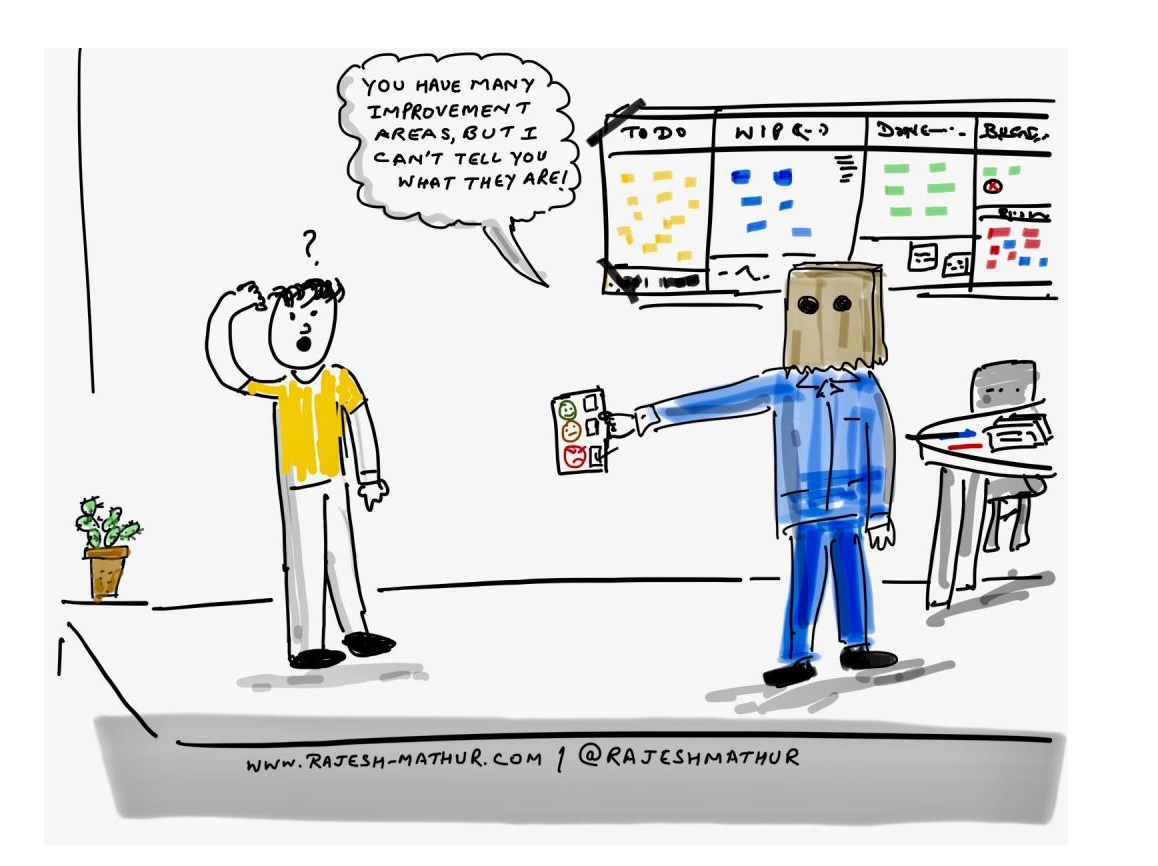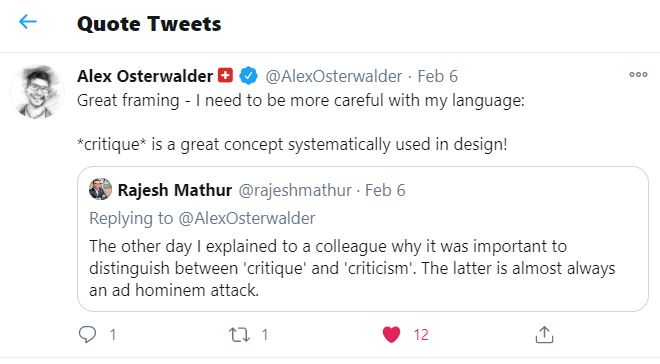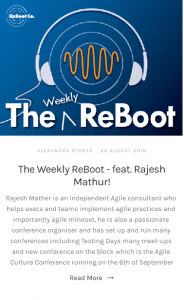Is anonymous feedback good or bad
The debate about anonymous versus face to face feedback isn’t new. In my work as a coach, consultant and sometimes as a manager, I have come across scenarios where leaders were looking for, and at times, encouraging, anonymous feedback. Their logic or assumptions often were similar. “People feel confident providing anonymous feedback and we learn what our teams actually think about the organisation or the processes or the management or all of these.”
Nonsense!! If the culture of a place isn’t conducive to openness, people will not tell the truth even in an anonymous survey.
If people in a team find it hard to offer direct honest feedback, then it is clear that the group has trust issues. Because if I trust you enough, then I’d feel confident that you would listen, pay heed and won’t mind about my feedback.
So, in general, it seems that anonymous feedback isn’t a good thing.
What happens when you are allowed to give anonymous feedback?
How people respond to a request for feedback largely depends on how they feel in the setting in which they are. We respond and react passively or negatively in an environment that makes us feel unsafe. That’s why the ‘feeling of safety’ matters a lot. When employees feel safe to challenge the management, they inadvertently also save their employers from a lot of trouble. When they don’t feel safe, they won’t bother telling the management that the organisation was on fire, and in some cases, literally.
In a blame culture, while some people give up hope that the management would take any actions on their suggestions; few others find the request for anonymous feedback a great opportunity to vent their frustrations. They may exaggerate situations, they may skew data by giving the lowest score for everything and they may even lie if they feel vengeful. And why wouldn’t they? Anonymity provides them the veil to do things that they wouldn’t otherwise do.
Receiving anonymous feedback:
Here is a scenario that you will possibly recognize.
“Hi, we need to talk”:
Your manager comes to you and says,”I have received some feedback about you from some of the team members. They think that your quality of work is poor, you delay their work by not responding on time and you arrive to work late. I’ll have to take some action if you don’t improve.”
Naturally, you are taken aback because you thought you had cordial and honest relationships with your colleagues. You considered them your friends and you always assumed that they would approach you for any concern they had about your work. Anyways, you always believed that you produced high quality work. You have been praised for your work by the clients and this feedback did not seem to make any sense.
So, you ask,”who has given that feedback?”
Manager says, “All feedback that we receive is anonymous. We don’t want people to feel exposed or unsafe for providing information or feedback. And we also don’t want people who receive feedback to be vengeful.”
“That’s a load of bollocks!”, You feel like saying to your boss, but decide to keep this thought in the mind and don’t actually utter it. Times are tough and saying that could be a career limiting move.
Instead you mutter, “I understand that, but without knowing exactly what the issue is, I can’t accept or even take action on this feedback. Actually, I think all of that feedback is incorrect. If you tell me who’s provided this feedback then I will work with them to fix things.”
Of course you never get that information.
The problem in the above scenario is that you don’t have any specific information. The feedback was vague, you didn’t know who provided that. You also don’t know whether your boss misunderstood what your colleagues said about you or whether they all were truly two-faced people. If you have a weak manager, then the first thing that comes to your mind is whether your boss was making up all that feedback.
Whatever the case maybe, now you have a dislike and distrust of almost all your team members and also your boss. The damage has been done.
